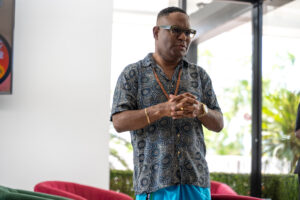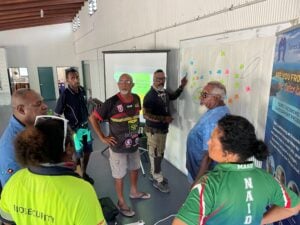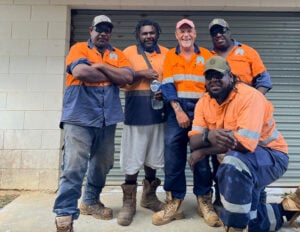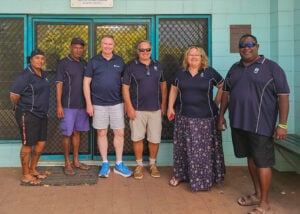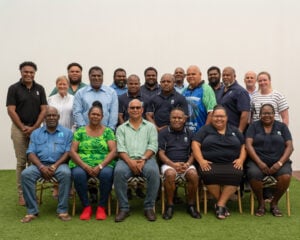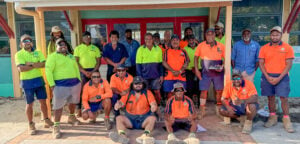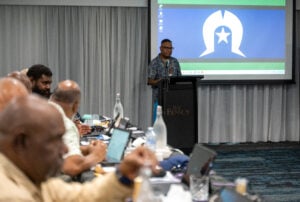TSIRC questions cultural safety findings in TCHHS investigation
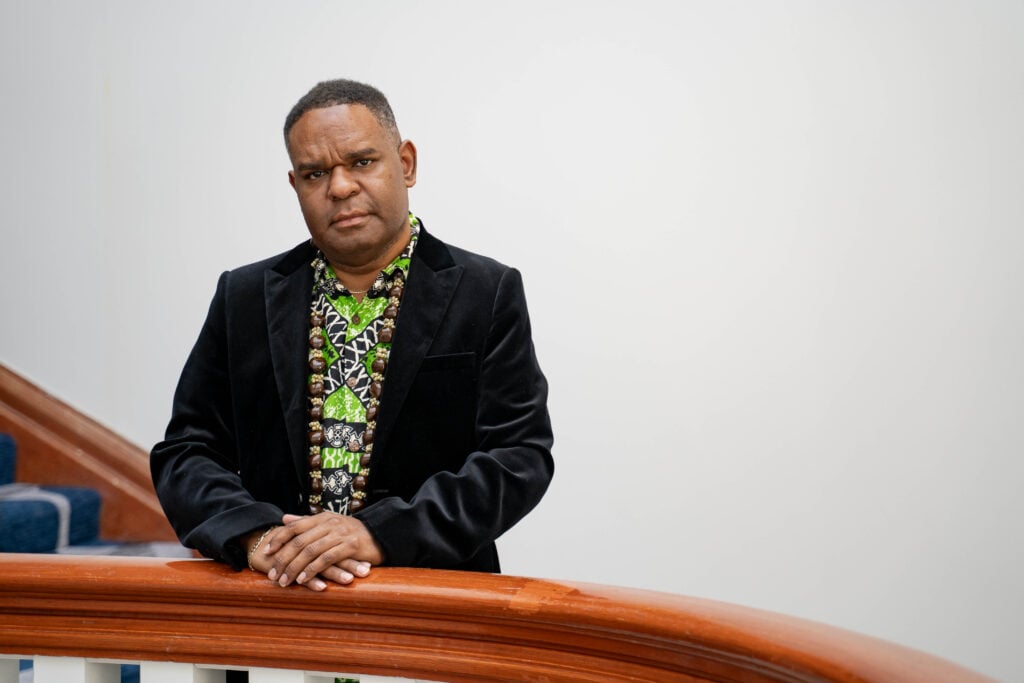
For long time, Torres Strait Islander and Aboriginal peoples, along with a number of stakeholders including Unions, the Coalition of Torres Strait First Nations Leaders and a former District Manager of the Torres Strait and Northers Peninsula Area (NPA) Health District, have been raising serious concerns about the quality of services provided by the Torres and Cape Hospital and Health Service’s (TCHHS).
In response, Queensland Health commissioned an independent Health Service Investigation. This one was carried in two parts, allegedly undertaken by “First Nations professionals with vast experience in health”, as stated on Queensland Health website.
Part A of the investigation was focused on service delivery and models of care. Key findings included little improvement in avoidable deaths and hospitalisations, health inequities and service fragmentation, continued disadvantage in perinatal outcomes and preventable conditions, declining and undervalued Indigenous Health Workers (IHW), and a lack of integrated cultural safety for both patients and staff.
Part B, recently released in August this year, assessed the “current cultural safety of systems and processes provided by the TCHHS for Aboriginal and Torres Strait Islander employees and those receiving care.”
During the second part of the investigation, researchers noted inconsistencies in defining or interpretating ‘cultural safety’ and its practices. Moreover, they found an inconsistent approach to measure and validate the concept of ‘institutional racism’, a concept closely linked to cultural safety.
This outcome on Part B seems improbable in light to the Part A findings. Notably, Part B reported that TCHHS’s formal complaints system lacks both the trust and awareness of employees and consumers, resulting in minimal engagement. The report itself acknowledged: “Investigators were unable to find any evidence of formal complaints with respect to discrimination or racism over the past 7 years.”
From the Torres Strait Island Regional Council (TSIRC), we regret that despite years of advocacy and repeated concerns raised by our communities and leaders, there remains a significant disconnect between official findings and the lived experiences of our people.
“The personal experiences of my people, shared collectively across our region, remain consistent and alarming. How did investigators reach the outcome that there was no evidence of cultural unsafety? Who was interviewed? When and how were those interviews conducted? What assurances and protections were provided to our people to speak freely?”
Mayor Mosby said recent experiences across the Torres Strait point to ongoing failures in cultural safety, transparency and equity in service delivery.
“Over the past 18 months, we have witnessed unprecedented preventable deaths. Families are being told to leave loved ones in morgues on the mainland because local facilities are full. Patients continue to report misdiagnoses, late detections and unexplained treatments. Health care is often not delivered or communicated in a culturally appropriate way, and patients feel abandoned once they leave their communities for treatment in Cairns, Townsville or Brisbane,” he said.
“These are not isolated incidents; they are patterns. Our people have lost confidence and trust in the health care system because of these legacy issues.”
Mayor Mosby also raised concerns for Indigenous Health Workers, noting they remain undervalued, unsupported and form one of the largest aging workforce cohorts within the health service.
TSIRC calls for Queensland Health to take meaningful action by engaging directly with local leaders, frontline workers and communities to restore trust and ensure that the design and delivery of health services reflect the cultural, social and linguistic realities of the Torres Strait.
“We urge Queensland Health to revisit the findings of Part B with transparency, integrity and a genuine commitment to accountability. Our people deserve culturally safe, equitable and quality health care, not reports that fail to reflect the truth of their experiences,” Mayor Mosby said.


